Our projects and research shape the STEM education field by introducing innovative curricula and improving student access to STEM.
We support more than 60 active projects every year, and our high-quality, innovative research is based on the understanding that for STEM, real-world application matters. We inspire, motivate, and create life-long learners by helping students connect what they are taught in the classroom to the world around them.
These projects and our research are designed to encompass a wide range of subjects and disciplines within STEM education and teaching methods to expand accessibility for all eager minds.
Can’t find what you need? Explore our archive of past projects.
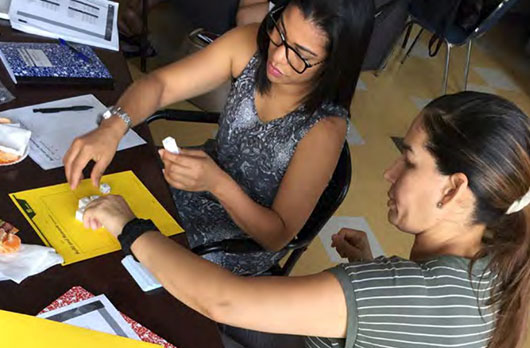
Doing the Math with Paraeducators is developing, implementing, refining, and researching a mathematics professional development program for paraeducators, K-3.
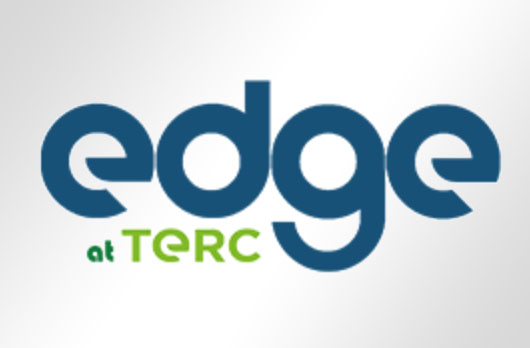
EdGE is a team of educators, designers, and researchers who design and study digital games and environments to learn how to engage ALL learners in STEM, especially those who are “falling through the cracks”.

The project studies learning gains and attitudinal changes among students. TERC’s evaluation works with faculty to explore implementation, usability, and the potential for sustainability and spread.

The ExIST Project is a teacher professional development model that supports middle school biology teachers to adapt curriculum by integrating game design to enhance biological systems learning and skills in systems thinking from constructionist and participatory perspectives.
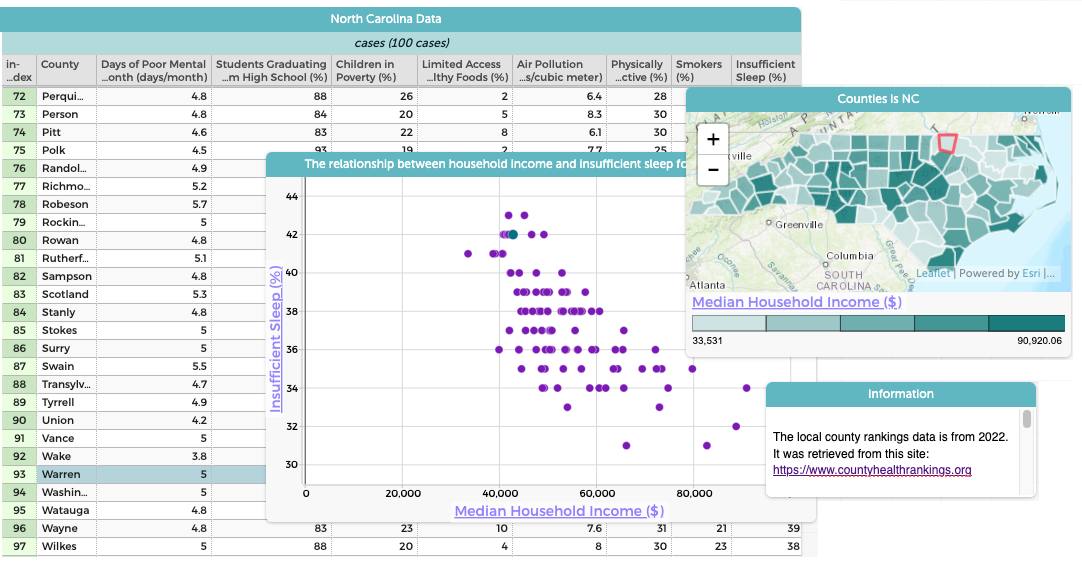
A research and development project that explores the potential for engaging students in investigations of real-world civic datasets in ways that align with and support middle school social studies content.

This project explores how students engage with messy, authentic data in interdisciplinary ways and what influences their choices to participate at DataFest.
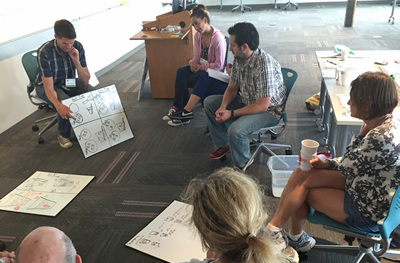
The Focus on Energy Summer Workshop empowers elementary teachers to incorporate foundational energy ideas accurately and effectively in their own curriculum.
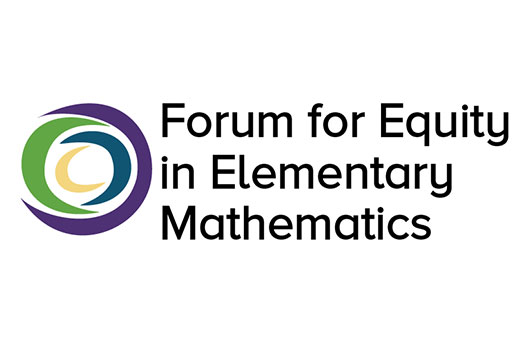
A place for educators to reflect on and discuss equity, access, identity, and agency in the elementary mathematics classroom.
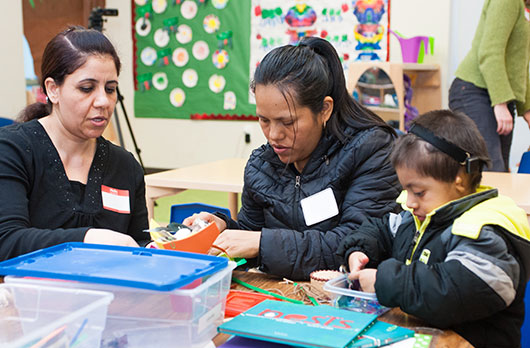
Strengthening the Cultural Relevance of the Head Start on Engineering Program for Spanish-Speaking Families
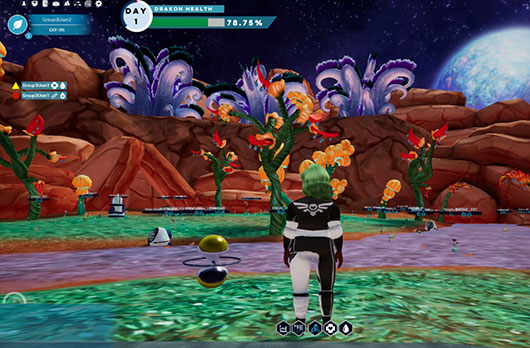
Developing and evaluating a video game that empowers student learning through collaboration and exploration to solve problems.
